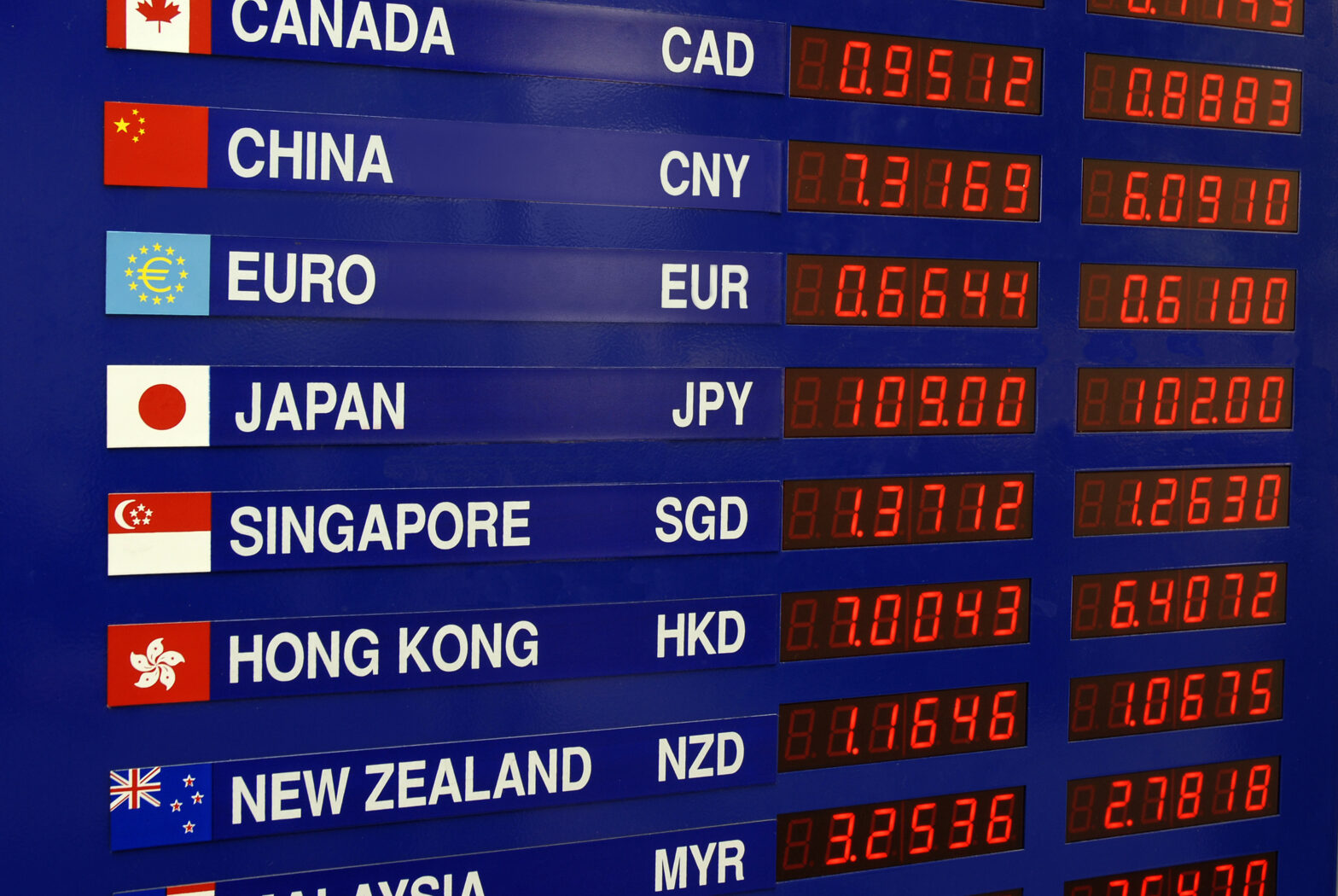Now that 2018 is off to a flying start, last year may already seem like a distant memory. Yet one thing that won’t easily be forgotten by businesses trading overseas is the uncertainty which weighed over currency in the last twelve months. Though volatility was relatively low, unknowns like Brexit and the French elections hung over the pound and euro, while the US dollar underperformed.
This uncertainty is set to continue into the year ahead – so, whether you’re exporting to foreign markets or are planning to do so, it’s important to understand the factors that could influence the currency markets this year.
You never know – with a bit of forethought, you could protect your business, or even benefit, from a future currency shock.
Brexit Britain, and the pound under pressure
Despite making some progress over the Irish border and so-called ‘divorce bill’ in 2017, the hardest part of the Brexit deal is still to come: reaching a decision on the UK’s future trade relationship with the EU. Brexit negotiations will be critical to the pound’s performance in the year ahead – and when they come to a head at the end of 2018, there may well be volatility in store.
The market will also be keeping a close eye on the health of the UK economy in 2018. 2017 was a poor year for consumer spending in the UK, mostly thanks to declining real wages and a background of economic uncertainty.
Yet despite all of this, the pound has been showing some early signs of traction, and in the first week of January, many banks placed it as their top currency to buy in 2018. While this has caused some early highs, these have been tempered by some predictable lows, and it’s this kind of wavering that’s only going to continue until the Brexit deal is concluded.
OUR ADVICE: In an OFX study conducted last summer, 32 per cent of small British companies listed the weak pound as one of their biggest business concerns. But a weak pound doesn’t need to be a threat. In fact, it makes British exports more competitively-priced for overseas buyers – and in a climate of slow consumer spending back home, that makes exporting an attractive prospect.
If you’re planning to ramp up the exports in 2018, it makes sense to join forces with a currency expert who can give you advice on how to manage your international payments as the market changes. British businesses can really benefit, especially when the media’s portrayal of Brexit may suggest a poorer performance for the pound than is really the case. Because the market can shift by the hour, it’s also important to work with a global partner who can be available at the times that suit you, whenever you need to make a transfer.
Will 2018 be the year of the euro?
The euro looked strong for most of last year, after Macron’s election in France restored some faith in the single currency. Economic data from the continent has also been strong, with record German manufacturing data amongst a range of signals underpinning the region’s expansion and euro’s advance.
However, 2017 also saw Angela Merkel’s leadership weakened for the first time after a rocky September election left Germany without a decisive government. Despite efforts to create a coalition in January, there has still not been any resolution, and this has opened the door for President Macron to propose some hefty reforms to the eurozone and EU. For the markets, that means yet more uncertainty, and this could certainly weigh on the euro.
This year will also see the Italian election, contested by the anti-establishment 5-Star Movement led by Beppe Grillo, a charismatic former comedian. If the current trend for populist political shocks continues, 2018 could be a tricky year for the single currency.
OUR ADVICE: The outcome of the Italian election is of course unknown, but it may be interesting to note that the country’s senate recently approved electoral reforms that make it far more difficult for a populist party to scrape victory in this year’s general election.
Either way, in a climate of uncertainty, a currency tool known as a ‘forward contract’ is one way to protect your business from unwanted volatility. With this tool, it’s possible to lock in today’s exchange rate for up to twelve months, dodging any risks that occur over the year. Some currency providers don’t offer forward contracts, so it’s worth shopping around to find one that does.
Dollar deceptiveness
The dollar underperformed in 2017, despite US unemployment being at its lowest in more than 15 years and the Federal Reserve being the only central bank to reduce purchases and increase interest rates. Perhaps surprisingly, it closed the year as the lowest-performing of all the major currencies.
But threats to the dollar also linger, with one of the biggest being the Mueller investigation into Russian meddling in the 2016 election. Should the investigation come to a dramatic conclusion in the next year, the dollar could well be affected. More generally, of course, the investigation has contributed to a wider sense of political uncertainty that could contribute to another weak year for the dollar.
OUR ADVICE: In OFX’s small business study, 62 per cent of British companies questioned said that the USA was the most attractive market for doing international business. To make the most of the opportunity, it’s worth mapping out the events that could hit the dollar in 2018 with the help of a currency expert and an economic calendar.
This will give you a more detailed insight into the events that will likely affect currency – such as the US midterms in November 2018 – so you can more easily plan ahead. Your currency partner may also have a daily newsletter that you can subscribe to for free, giving you a lowdown on what the major currencies are up to and helping you to prepare.
Jake Trask is FX research director at international payments company, OFX








